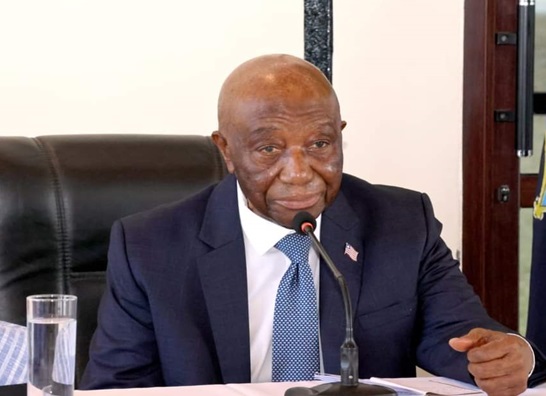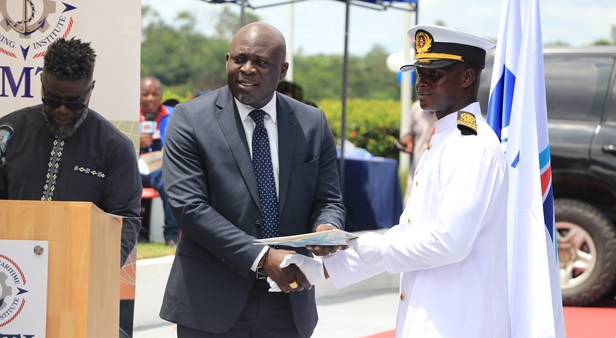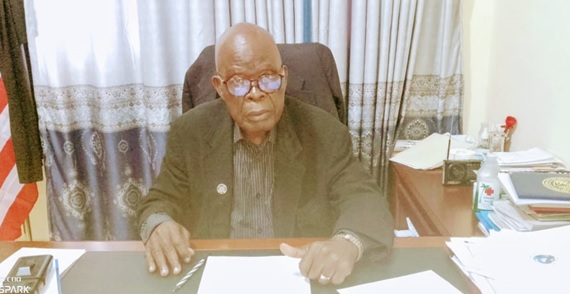MONROVIA – For months, eyebrows were raised and critics abounded as President Joseph Nyuma Boakai faced criticism for delaying the public declaration of his assets. Critics, political commentators, and ordinary citizens alike speculated that the President’s hesitance was an attempt to avoid accountability. However, on Friday, June 21, President Boakai disproved these perceptions by publicly publishing his assets, according to an Executive Mansion press release.
To provide a clearer understanding of the President’s assets, social justice advocate Martin Kollie penned a detailed breakdown. According to Kollie, President Boakai’s assets are as follows:
- Net Worth: US$970.4k
- Total Assets: US$1.17 million
- Total Debt: US$201.5k
- Net Worth After Debt: US$970,419.60
Breakdown of Assets:
Cash on Hand: US$5,750
Cash in Bank: US$61,295.96
Real Properties: US$766,391.07
Personal Properties: US$212,400
Other Assets: US$126,082.57
Total Assets (Value): US$1,171,919.60
Liabilities:
Debt: US$201,500
Net Worth Calculation:
Assets – Liabilities: US$1,171,919.60 – US$201,500 = US$970,419.60
Kollie clarified that income was excluded from the asset declaration, focusing solely on what President Boakai owns rather than his annual earnings, which amount to US$43,400.47. This explanation aims to serve as a guide for calculating the net worth of other public officials’ published assets.
Despite fulfilling his commitment to transparency, President Boakai’s declaration has faced scrutiny. Critics social on media like David Menjor questioned the accuracy and completeness of the published assets, particularly the modest amounts of cash on hand and in the bank, as well as the declared annual income. Menjor expressed doubts about the integrity of the data without uncompromising audits.
Others, like George D. Brooks and Timothy Brooks, raised concerns about the President’s declared income and the absence of certain assets, such as houses known to be owned by President Boakai, from the declaration. Jesse Mellen also found the declared income figure implausible for a President, suggesting it cast doubt on the entire declaration.
However, the Executive Mansion maintained that this action reflects President Boakai’s unwavering commitment to transparency and his aversion to corruption. The President stated that making his assets public is a fulfillment of his constitutional duties and a step towards fostering a culture of accountability, integrity, and good governance. He emphasized that transparency strengthens public trust and underscores a dedication to rooting out corruption.
By leading by example, President Boakai hopes to inspire public officials and citizens alike, signaling a new era of responsible leadership committed to the nation’s welfare. He previously declared his assets shortly after his inauguration, underscoring his continuous commitment to transparency.
As debates continue, the President’s declaration remains a significant move towards open governance, setting a precedent for public accountability in Liberia.







